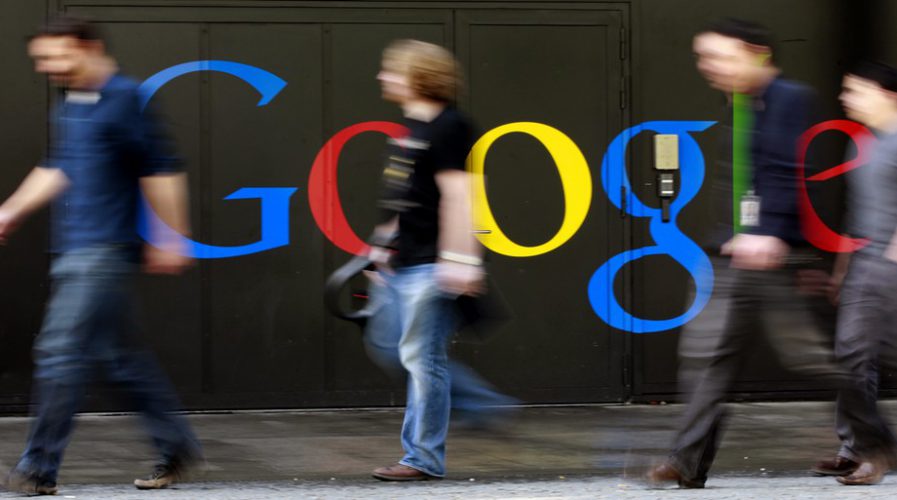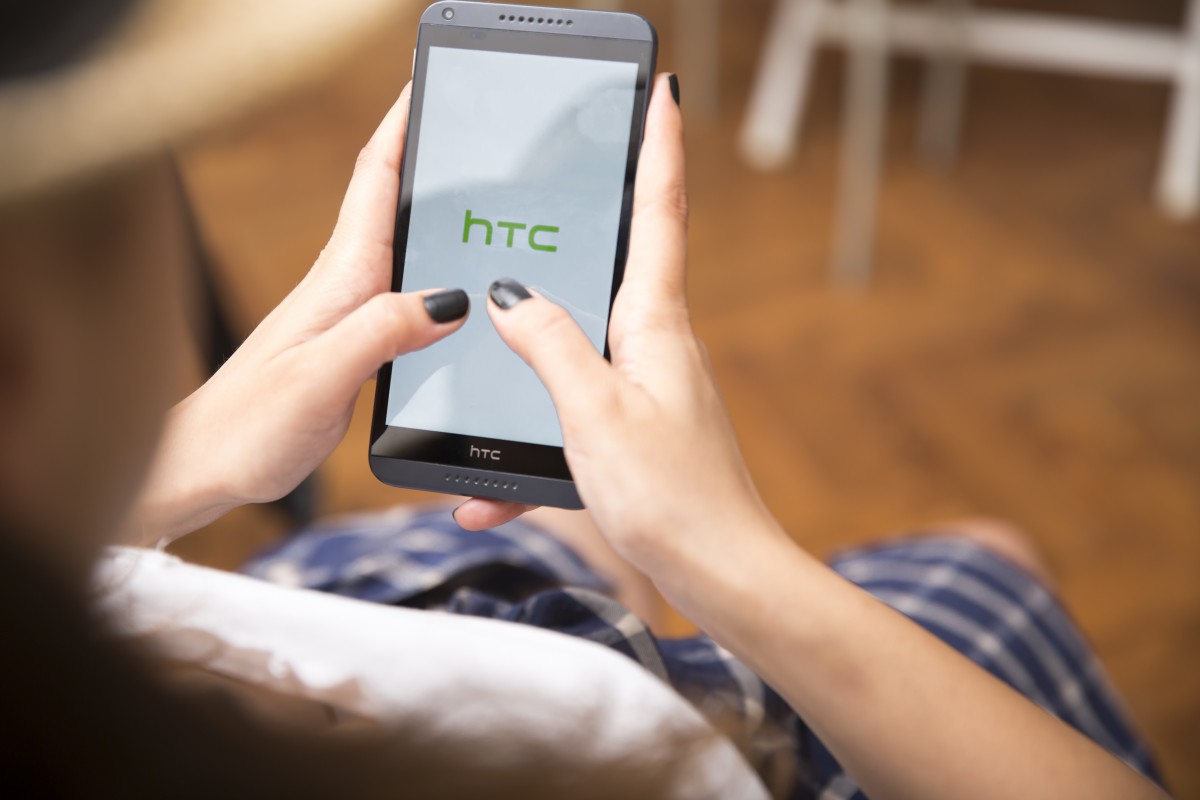
Google’s search algorithms remain a mystery, but they’re making it easier for publishers by removing its first-click free policy. Source: REUTERS/Arnd Wiegmann
Google’s talking Korean, with HTC along for the ride
GOOGLE’S parent company, Alphabet has announced it would pay US$1.1 billion for the division of HTC that develops Google’s Pixel smartphones.
Around 2,000 employees will move to Google (about 20 percent of HTC’s workforce) and the US giant will acquire HTC’s intellectual property on a non-exclusive basis.
The final acquisition of HTC’s smartphone and VR business (in the form of Vive) is expected to be completed by year-end.
Google developed an internal hardware team to make its Android handsets in 2009, and, for the latest iterations of the Pixel range, is physically manufacturing its own hardware, as opposed to its initial strategy that employed HTC as the manufacturer for the Nexus range.
The latest versions of Pixel phones and a new Chromebook are expected to be announced on Oct 4, strengthening Google’s hardware position.

HTC acquisition starts with the Taiwanese group’s phone division. Source: Shutterstock
For HTC, the multibillion-dollar cash deal will allow it to concentrate more on its highly acclaimed virtual reality headsets while also reducing overall development costs.
“This will be a sizeable reduction in our R&D expenses. Overall it should be in the ballpark of a 30-40 percent reduction in operating expenses,” HTC Chief Financial Officer Peter Shen told a news conference in Taipei.
Google’s free licensing of its operating system has made Android ubiquitous, with the company monetizing its search and maps services as well as the indispensable (at least, for hardware manufacturers unwilling to commit commercial suicide) Google Play store.
SEE ALSO: China’s Huawei is making smartphones more accessible for Kenyans
However, by effectively releasing the OS into the wild, the overall user experience has become fragmented, with many manufacturers delaying updates to Android on handsets, over concerns about the function of proprietary, bundled apps.
By acquiring HTC, Google is showing a commitment to the Pixel range that pushes the phone as a premium brand, directly in competition with the likes of Apple, Samsung, and emerging Chinese manufacturers. Huawei in particular, whose Mate 10 model’s details were leaked recently, wishes to position itself as an upmarket alternative to “route one” phone manufacturer choices in Asia and beyond.
One area where Google is stealing a base on its competitors, at least in Asia, is in the area of voice assistants. The company’s Assistant goes up against Samsung’s Bixby, Apple’s Siri, Amazon Alexa and Microsoft’s Cortana.
The company launched Google Assistant in South Korea on Sept 21, and, after Siri, becomes the second voice assistant to be localized in the language. Microsoft plans to release Korean Cortana in the new year, while Amazon’s Alexa is currently in development for the same market.
SEE ALSO: Apple’s imminent iPhone 8 reveals fault lines in China’s smartphone market
Google Assistant’s Korean service will be available for the first time on LG Electronics’s V30, which was officially launched on the same day.
Google’s Korean version of its Assistant can be applied to hardware running Android 6.0 and later with Google Play installed.
READ MORE
- Strategies for Democratizing GenAI
- The criticality of endpoint management in cybersecurity and operations
- Ethical AI: The renewed importance of safeguarding data and customer privacy in Generative AI applications
- How Japan balances AI-driven opportunities with cybersecurity needs
- Deploying SASE: Benchmarking your approach
